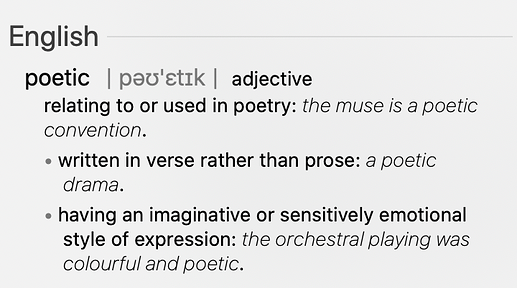One thing I have found limits my freedom of expression when speaking Japanese is that I don’t know enough idioms/sayings to replace more direct expressions, in the same way that we often do in English (examples). I have decided I must fix this chink in my armour.
There isn’t a thread about this topic already (as far as I can see, sorry if there is and please delete this one) but I think it’s discussion worthy - I am curious to know, how did you guys pick up different turns of phrase in Japanese, particularly ones which don’t translate well to English? Do you think it’s an important aspect of the language to develop (relative to say, 擬声語/擬態語), and has a grasp of common idioms in the language helped your conversational abilities?
Please feel free to add any 慣用句 that you like/find interesting; any useful resources in this vein are much appreciated as well 
Some links of relevance
https://www.weblio.jp/phrase/
https://hanntaigo.main.jp/kanyouku/「注意!五十音順が使われる」
https://kotoba-space.com/kanyouku



